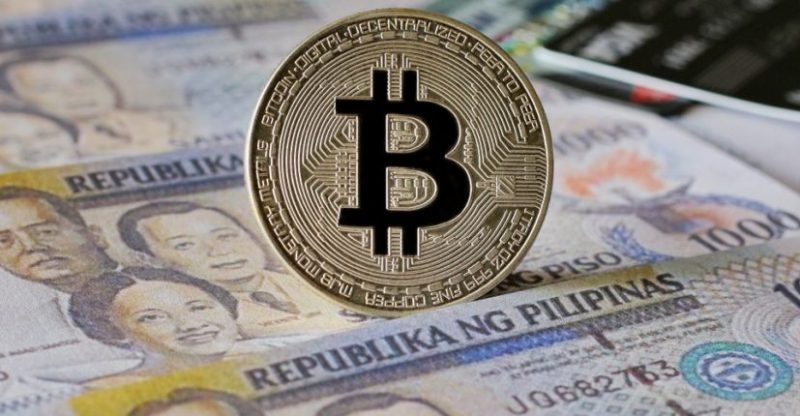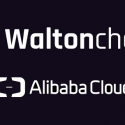Philippines’ Bitcoin Exchanges Outpace Traditional Finance Platforms
Throughout 2018, bitcoin exchanges and cryptocurrency businesses in the Philippines have been outpacing traditional platforms in popularity and user activity.
CCN, on July, reported that the Cagayan Economic Zone Authority (CEZA), an economic zone in the northern part of the Philippines promoted by the government, will accept more than 25 cryptocurrency exchanges with friendly regulations and tax policies.
To deal in CEZA, cryptocurrency exchanges will be needed to endure rigid and difficult verification process by local financial regulatory flexibility.
CEZA chief Rau Lambino stressed that exchanges in the economic zone will require to show their capability of investing at least $1 million with CEZA and establishing new headquarters in the area.
“We do not want the Philippines to be a haven for scammers even if these scams are happening abroad. That’s why through our probity and integrity check we can determine if their transactions are just designed to entice unsuspecting people to invest in Bitcoin or whatever crypto coin that is a fraud,” Lambino said.
The stance of CEZA and local financial authorities o effectively license and oversee cryptocurrency exchanges similar to traditional financial institutions is the first great step the Philippine government has taken to ensure increasing demand towards the blockchain sector ever since its recognition of cryptocurrencies as a payment method in 2017.
“The Bangko Sentral does not intend to endorse any VC, such as Bitcoin, as a currency since it is neither issued or guaranteed by a central bank nor backed by any commodity. Rather, the BSP aims to regulate VCs when used for delivery of financial services, particularly, for payments and remittances, which have a material impact on anti-money laundering (AML) and combating the financing of terrorism (CFT), consumer protection and financial stability,” the Philippine central bank said.





